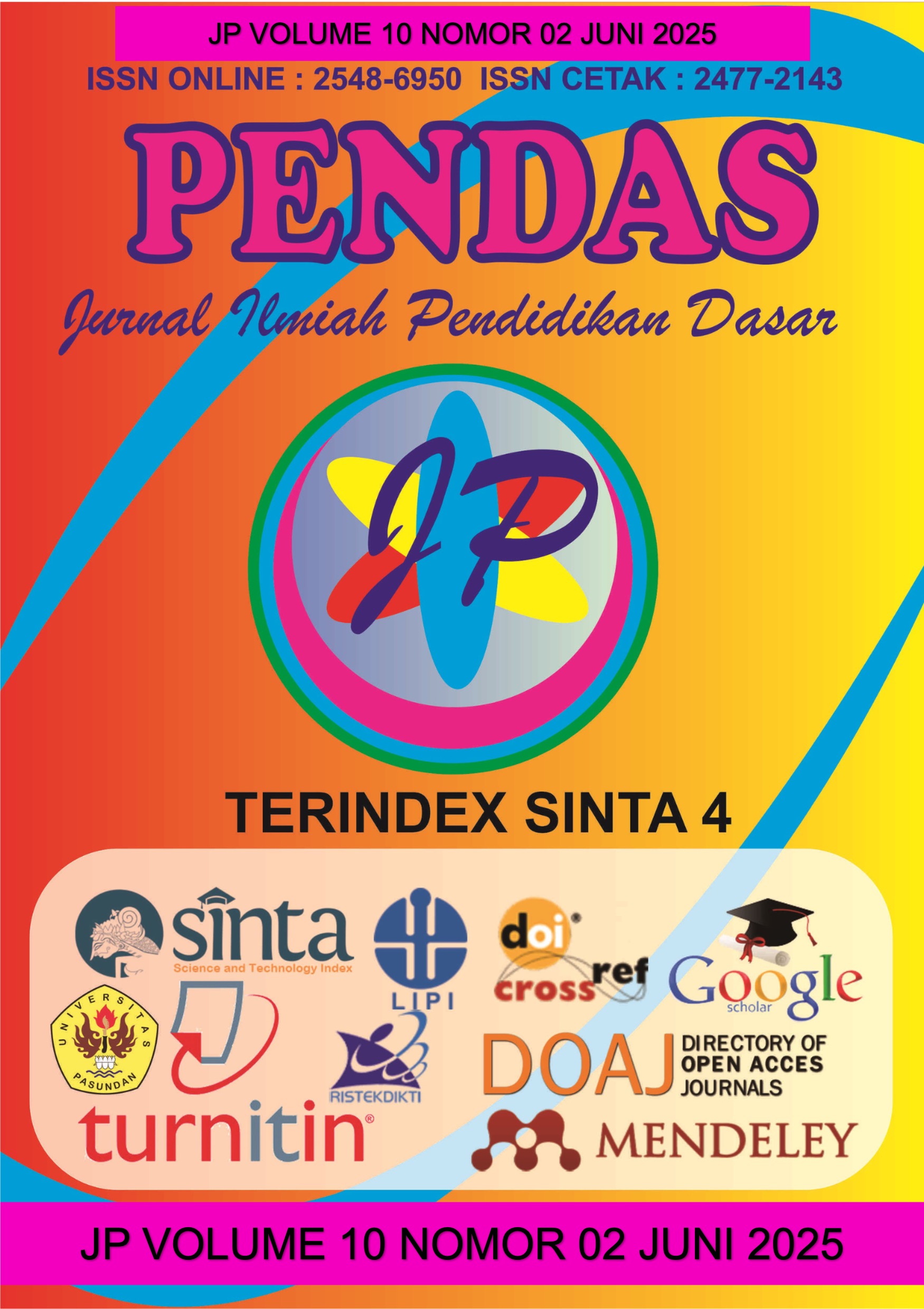STRATEGI MANAJEMEN PERUBAHAN DI SMK: MENJEMBATANI PENDIDIKAN VOKASI DAN KEBUTUHAN INDUSTRI 4.0
DOI:
https://doi.org/10.23969/jp.v10i02.24798Keywords:
Change management, vocational schools, Industry 4.0, soft skills, Link and Match.Abstract
Rapid changes in the Industry 4.0 era demand strategic transformation in vocational high schools (SMK) to ensure graduates are workforce-ready. This article discusses change management strategies in SMKs, grounded in Lewin’s three-stage model (Unfreeze–Change–Refreeze) and Kotter’s eight-step model. The literature review covers curriculum adjustment to Industry 4.0 competencies, digital learning infrastructure, strengthening student soft skills, and active school–industry collaboration (Link and Match program). Key findings indicate that curriculum updates and technology integration enhance the alignment of vocational education with industry needs. Project-based learning, internships, and real-industry involvement effectively build students’ soft skills. Implementing Lewin and Kotter’s models provides a systematic framework that engages all stakeholders (teachers, students, industry, government) in the change process. Practical implications: Schools should form guiding coalitions, develop a shared vision, and allocate resources for teacher training and ICT facilities. Continuous collaboration between SMKs and industry significantly improves graduates’ job readiness.
Downloads
References
• Akbar, A. R., Siregar, A. A., & Wahid, F. A. (2025). Strategi efektif dalam optimalisasi soft skills siswa SMK untuk kesiapan kerja dan daya saing global di era Industri 4.0. PESHUM: Jurnal Pendidikan, Sosial dan Humaniora, 4(2), 2500–2513.
• Kotter, J. P. (1996). Leading Change. Boston, MA: Harvard Business School Press.
• Lewin, K. (1951). Field Theory in Social Science: Selected theoretical papers. New York, NY: Harper & Row.
• Mellita, D., & Elpanso, E. (2020). Model Lewin dalam manajemen perubahan: Teori klasik menghadapi disrupsi dalam lingkungan bisnis. Majalah Bisnis Administrasi, 19(2), 142–148.
• Rifazka, A. (2023, February 21). Mendorong Pendidikan Indonesia ke Era Digital: Peran Vital Infrastruktur Internet dan Teknologi Informasi. Digital Transformation.
• Spöttl, G., & Windelband, L. (2021). The 4th industrial revolution – Its impact on vocational skills. Journal of Education and Work, 34(1), 29–52.
• World Economic Forum. (2020). The Future of Jobs Report 2020. Geneva: World Economic Forum.
• Yoto, S., Suyetno, W., Wibawa, A. P., Paryono, & Romadin, A. (2024). Unveiling the distinctive impact of vocational schools Link and Match collaboration with industries for holistic workforce readiness. Open Education Studies, 6(1), 20240045. https://doi.org/10.1515/edu-2024-0045
Downloads
Published
Issue
Section
License
Copyright (c) 2025 Pendas : Jurnal Ilmiah Pendidikan Dasar

This work is licensed under a Creative Commons Attribution 4.0 International License.














































